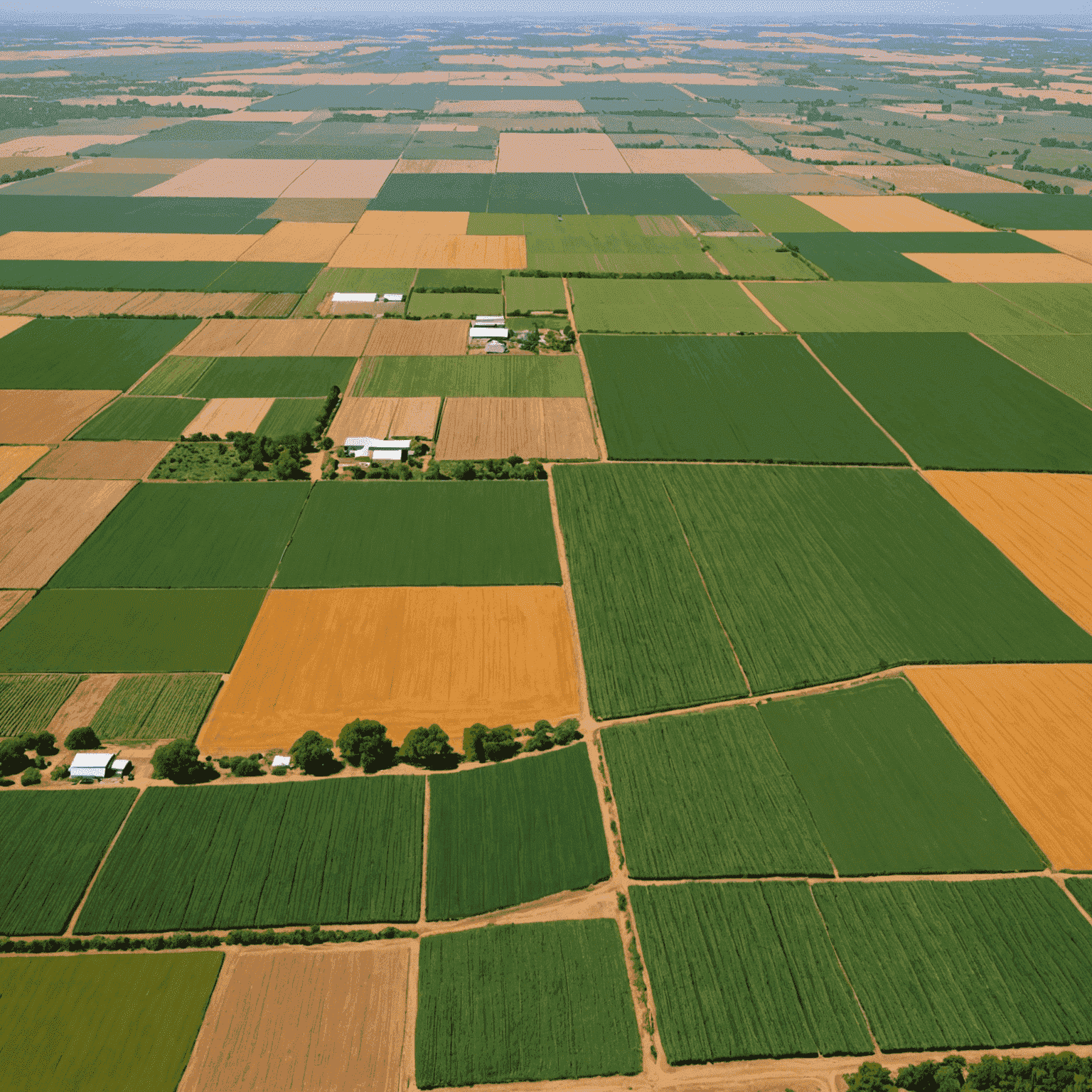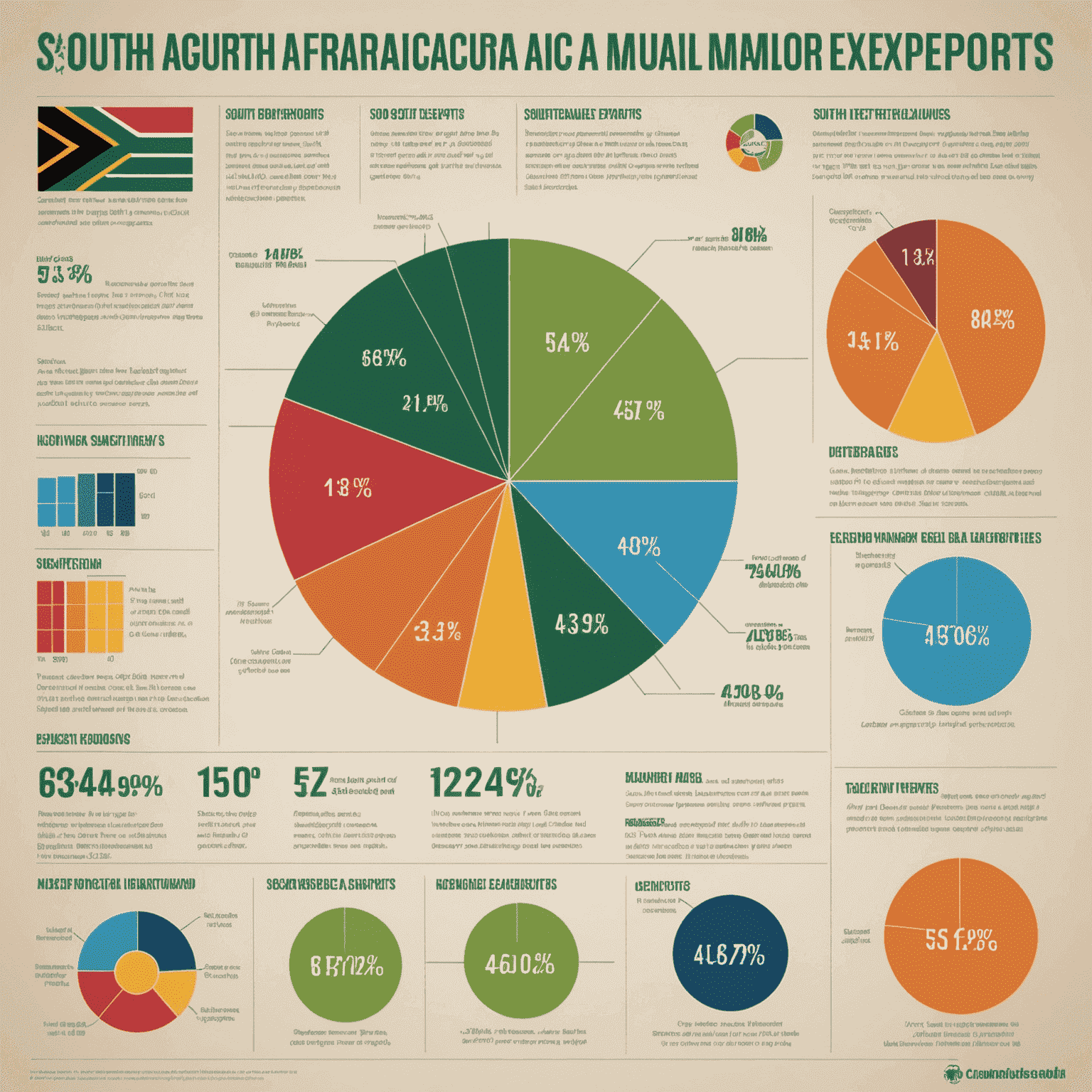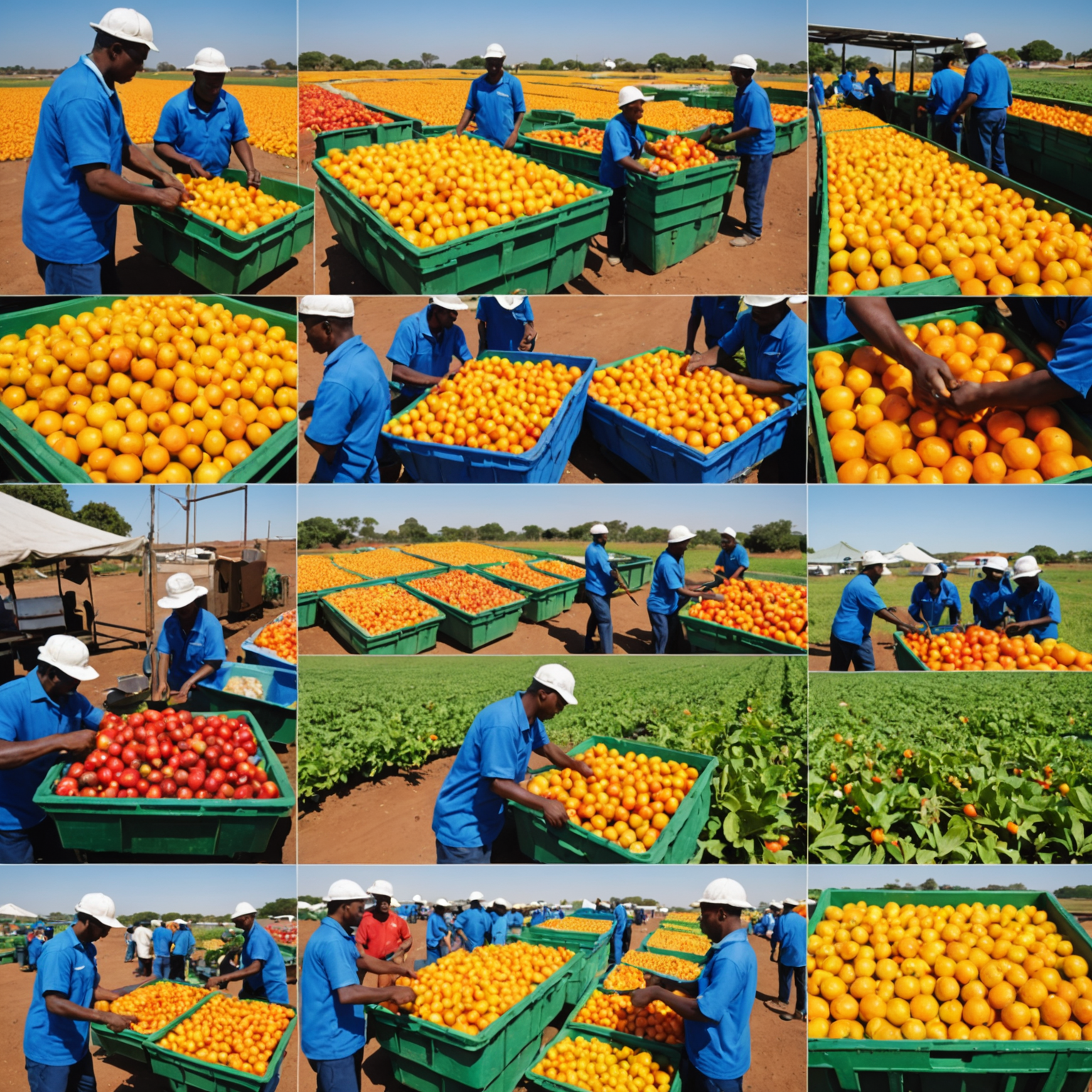Export Trends in SA Agriculture

South Africa's agricultural sector continues to be a significant contributor to the country's economy, with export trends showing promising growth and diversification in recent years. This overview explores the current export patterns and emerging markets for South African agricultural products.
Current Export Patterns
South African agriculture has seen a steady increase in export volumes across various product categories. Key export commodities include:
- Fruits: Citrus, grapes, apples, and pears
- Nuts: Macadamia nuts and pecans
- Wines: Both red and white varieties
- Grains: Maize and wheat
- Livestock products: Wool and meat

Emerging Markets
While traditional markets in Europe and North America remain strong, South African agribusinesses are increasingly tapping into new and emerging markets:
- Asia: China and India are showing growing demand for South African fruits and nuts.
- Middle East: Countries like UAE and Saudi Arabia are importing more SA livestock products.
- Africa: Intra-African trade is on the rise, with neighboring countries importing grains and processed foods.
Factors Driving Export Growth
Several factors are contributing to the positive export trends in SA agriculture:
- Improved supply chain management, leveraging technologies like Salesforce for better tracking and logistics
- Funding in research and development for drought-resistant crops
- Government initiatives to support small-scale farmers in accessing international markets
- Adoption of sustainable farming practices, appealing to environmentally conscious markets

Challenges and Opportunities
While the export outlook is positive, the sector faces challenges such as:
- Climate change impacts on crop yields
- Fluctuating exchange rates affecting profit margins
- Increasing global competition in key product categories
However, these challenges also present opportunities for innovation in the agribusiness sector. HR consulting firms are playing a crucial role in helping agricultural companies adapt to these changes by:
- Training workforce on new technologies and sustainable practices
- Developing talent acquisition strategies to attract skilled professionals in agritech
- Implementing change management programs to help organizations pivot towards more export-oriented operations
Conclusion
The export trends in South African agriculture paint a picture of growth and resilience. As the sector continues to evolve, the integration of advanced supply chain management solutions and strategic HR practices will be key to maintaining this positive trajectory and expanding into new markets globally.